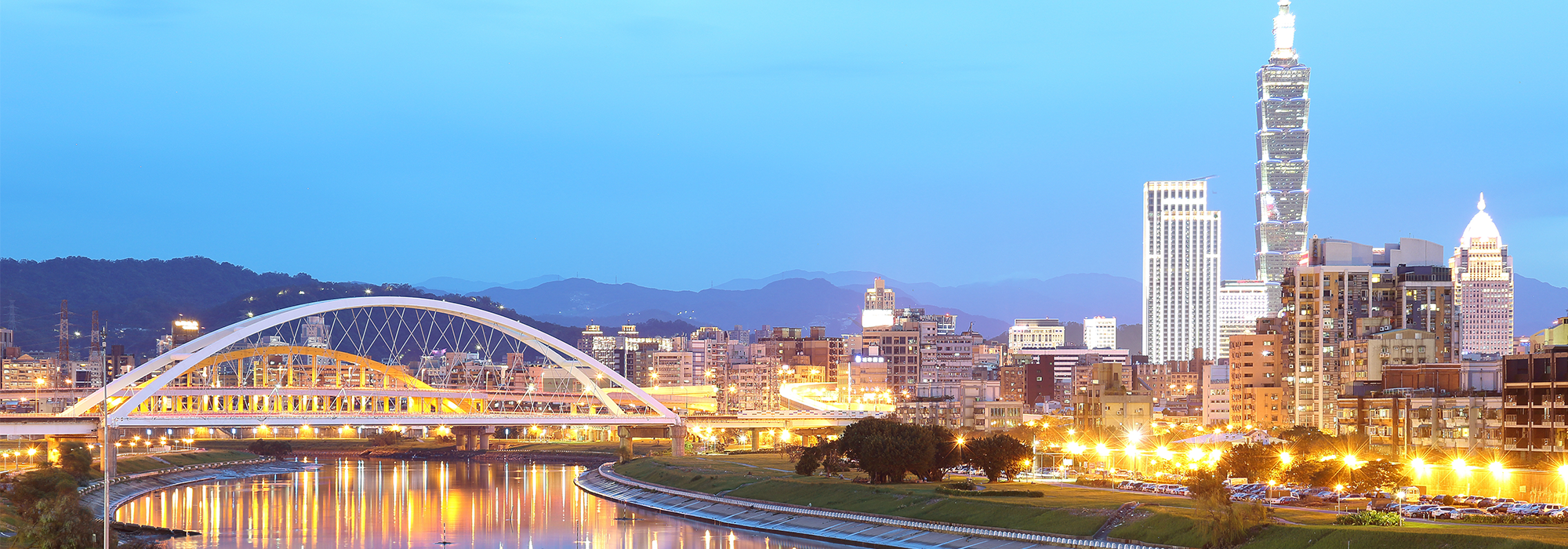
On January 16, 2016, Taiwanese voters went to the polls to elect a new President and Legislative Yuan. Voters sent a clear message by electing Democratic Progressive Party (DPP) Presidential candidate Tsai Ing-wen with over 56% of the popular vote. Even more resoundingly, the DPP won 68 of the legislature’s 113 seats, giving the former opposition party a clear majority in the Legislative Yuan. For the first time, the Kuomintang (KMT) – the former authoritarian regime-turned-democratic political party – finds itself as the opposition in both the executive and legislative chambers. Even when the DPP’s Chen Shui-bian won the Presidency in 2000 and 2004, the KMT and its so-called Pan-Blue allies continued to control the legislature.
One is tempted to announce the dawning of a new normal in Taiwan’s democratic politics based solely on the election results. However, as Taiwan is a well-functioning democracy, it would be foolish to conclude the DPP’s victory itself as anything remarkable given that the alternation of power in Taiwan’s democracy is already well-institutionalized. Why I think Taiwan is in the midst of a new normal is because of the transformative changes to Taiwanese society, reflected in, to be sure, but not reducible to, the 2016 elections.
Consider what has happened over the past eight years since the KMT under President Ma Ying-jeou has held power in Taiwan. The former ruling party has become more, not less, China-centric, not only in its policies but also the party’s core identity. Local – that is to say ethnically Taiwanese – leaders of the KMT have been sidelined. The party is increasingly seen to be out of touch with Taiwanese nationalism. And the party appeals to an older generation of mainlanders (and their immediate families) who came to Taiwan over a half-century ago, many of whom are dying off and make-up a rapidly shrinking electoral base for the KMT. Meanwhile, it is estimated that nine out of ten first-time voters in Taiwan (i.e. young people) support the DPP and its Pan-Green coalition. A new generation of voters have been politically activated, the vast majority of whom grew up in a democratic and prosperous Taiwan. For them, Taiwan has never been a part of China and to suggest that they are citizens of China is preposterous.
What exactly is this “new normal”? The new normal in Taiwan is one in which the majority of voters reject the 1992 Consensus, the condition upon which Beijing insists all cross-Strait negotiations be based. And despite President-elect Tsai’s allusions to the Republic of China (ROC) constitution as a plausible framework for cross-Strait dialogue, the fact of the matter is that most Taiwanese are skeptical; indeed, the ROC is seen to be a constitutional relic to most, and certainly not reflective of their lived experience on Taiwan. And finally, the majority of Taiwanese view Taiwan to be an independent democracy. No one is foolish enough to make a juridical claim for Taiwan’s de jure independence, but anyone who has spent time on Taiwan cannot deny the island democracy is de facto independent.
In other words, the old categories that had once shaped cross-Strait politics and policies on Taiwan – that is, independence versus unification – are no longer relevant. The independence / unification cleavage is not central to Taiwan’s new normal. In the past, Taiwanese society was divided; the distribution of opinions on independence and unification were bimodal. Today, we see a normal distribution of opinions in which the vast majority of Taiwanese are in the middle: Taiwan is not de jure independent, but it is certainly a de facto independent democracy. The tails of this normal distribution are becoming smaller and smaller, as the KMT learned in these past elections.
Consequently, the new normal means the game of cross-Strait relations is changing. But to what? And how will the Tsai Presidency shape this new game, the new normal? Contrary to many observers of cross-Strait politics who contend Taiwan and China relations will ultimately be determined by Beijing and Washington, Taipei will have a say, provided it exercises its political agency effectively. There are very practical things Taiwan can do to shape cross-Strait relations, despite overwhelming pressures from China and the US. For one, Taiwan can develop new ideas and categories with which to manage its relationship with China. If “independence” and “unification” are no longer viable political categories in Taiwan’s democracy, then voices within Taiwan must articulate new ones, new cleavages. We are seeing this. A new generation of Taiwanese embrace globalization and recognize Taiwan’s economic future to be intimately tied to China. At the same time, however, Taiwanese understand that this relationship needs to be strategically managed. Practically speaking, the Taiwan government must generate public policies – such as social, environmental, labor market, fiscal and economic policies – that not only differentiate Taiwan from China but also ensure Taiwan’s government the autonomy to resist political integration with China.
And finally, Taiwan and Taiwanese citizens must leverage Taiwan’s democracy to guarantee its functional independence. There are two ways to exist independently. One is to rely on the rules and norms of the international (i.e. Westphalian) system whereby external states respect one’s borders. In this regard, independence is externally constituted. This is not an option for Taiwan. The other way is to “thicken” from the inside-out, so as to make one’s existence impervious to external claims. This Weberian tactic is Taiwan’s best way forward: by thickening its existence through democracy. In the new normal, then, Taiwan’s claim to autonomy and independence is not a partisan claim; it is not a Tsai Ing-wen or DPP project. Rather, thickening Taiwan by strengthening its democracy is a nation-wide project, one which must span all political parties and social forces.







